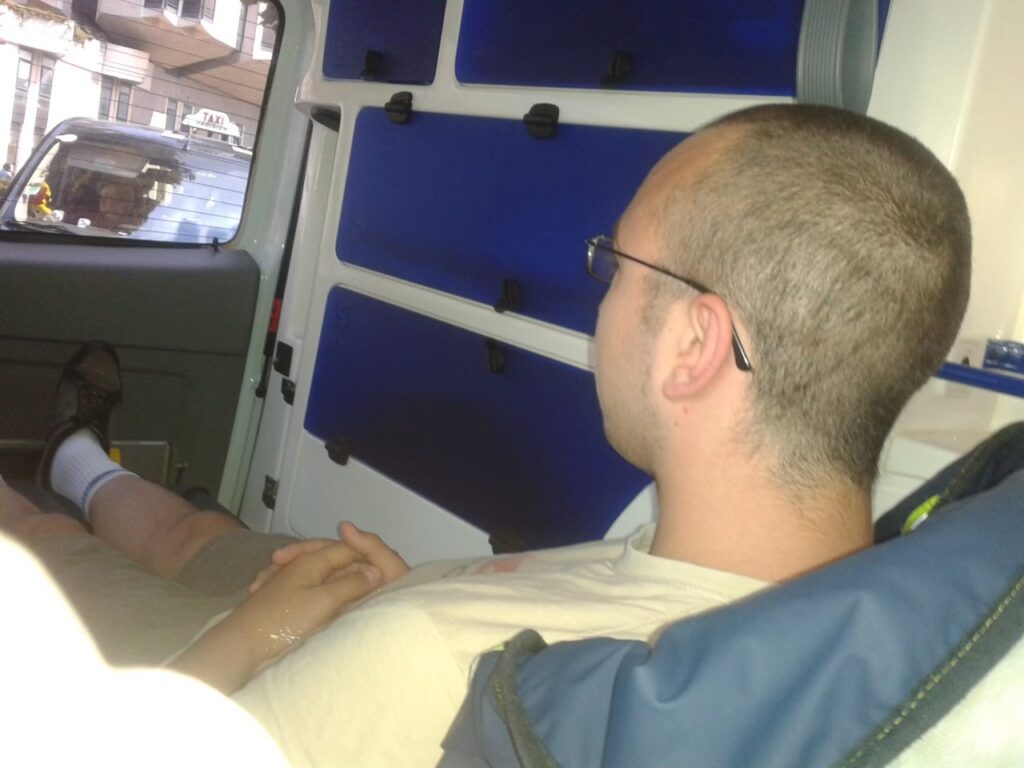Facing cancer is a tough journey that encompasses more than physical and emotional challenges. It is a rough battle with conflicting emotions and complex dynamics that often go unspoken. Let’s delve into the nuanced dualities that we individuals grappling with cancer encounter or have encountered.
Life vs Death: In the shadow of uncertainty, our mortality looms large. It is everywhere, in the most unexpected places. The reminder of our impermanence, the contemplation of ‘what if today is the last day,’ is a constant companion. It is a reminder to seize the moments and cherish the years, however few they may be. Death and life coexist more than ever, and sadly even much longer after remission.
Fight vs Acceptance: Finding the balance between fighting for life and accepting the inevitable is a delicate dance. Wrestling with the concept of control over our fate and the treatment process creates a unique internal struggle. Reclaiming a sense of agency becomes paramount, even in uncertain outcomes. Based on my experience, it is one of the hardest struggles for people suffering from life-threatening illnesses.
Friends vs Foes: Cancer can be isolating, as the fear of witnessing suffering leads to distance from loved ones. I noticed like many a shifting dynamic occurring, with a core support group emerging while peripheral connections wane. The reality of mortality is a stark reminder, altering the nature of every relationship. Many friends are lost, but new relationships are forming. And most importantly, some bonds grow incredibly strong. It triggers more changes than a lot of individuals can absorb in a short amount of time.
Positivity vs Negativity: The emotional rollercoaster accompanying a cancer diagnosis is overwhelming. The range of emotions is vast, from dark days to moments of brilliant sunshine, from both patients and families. Permitting yourself to experience each state without guilt is crucial. Toxic positivity, while well-intentioned, can add a painful layer of pressure to have to be okay and mostly a feeling of being unheard. It is a recurrent feedback I have been hearing from cancer survivors fighting their own demons.
Short-term vs Long-term: Striking the balance between living in the present and planning for the future is a significant dilemma. The Sword of Damocles hangs overhead, prompting questions about how to approach each day. Financial considerations can further complicate this decision, requiring thoughtful consideration. Should you treat yourself like there is no tomorrow, or should you be mindful to keep alive the hope of a tomorrow? Short-term vs Long-term is much harder than for anyone, because Long-Term might not exist.
Regular vs Handicapped: Defining our identity in the context of illness is another challenge. Wrestling with labels and perceptions, we grapple with how we wish to be seen and treated. The desire for normalcy coexists with the acknowledgment of a unique journey. I am not even talking about the concept of “invisible handicap”, which is a whole extra level of struggle for many. Constantly feeling misunderstood, or seeing our limitations ignored. Covid has been incredibly tough for most of us being immuno-suppressed. How many people truly accommodated their more vulnerable friends and family?
Caregiver vs Patient: The role of a caregiver carries its own set of emotional burdens. Balancing love and care with a sense of powerlessness is profoundly challenging. Knowing and understanding the caregiver’s perspective is essential for fostering mutual support. Caregivers can sometimes suffer even more than the person suffering from the illness. How to truly balance your own suffering, while watching someone who genuinely cares about you sacrificing themselves for you? And vice versa, how can you take care of someone without long-term psychological effects, constantly being surrounded by their moods, temper, mortality, and overall struggles?
My final thoughts
Cancer is a complex terrain marked by dichotomies that extend beyond the physical realm. I recommend to everyone involved in some ways to acknowledge the complexities and be loaded with empathy. There is no easy path, and many scars will be left behind. It is the unspoken reality for most of us.
If this article resonates with you, please share your thoughts in the comments. I’m looking forward to exploring these complexities more.



Thanks for sharing your thoughts so eloquently. Especially your take on and acknowledgement of the dynamic of the patient and caregiver -it’s difficult to see someone you care about in pain, knowing you are powerless to cure them.